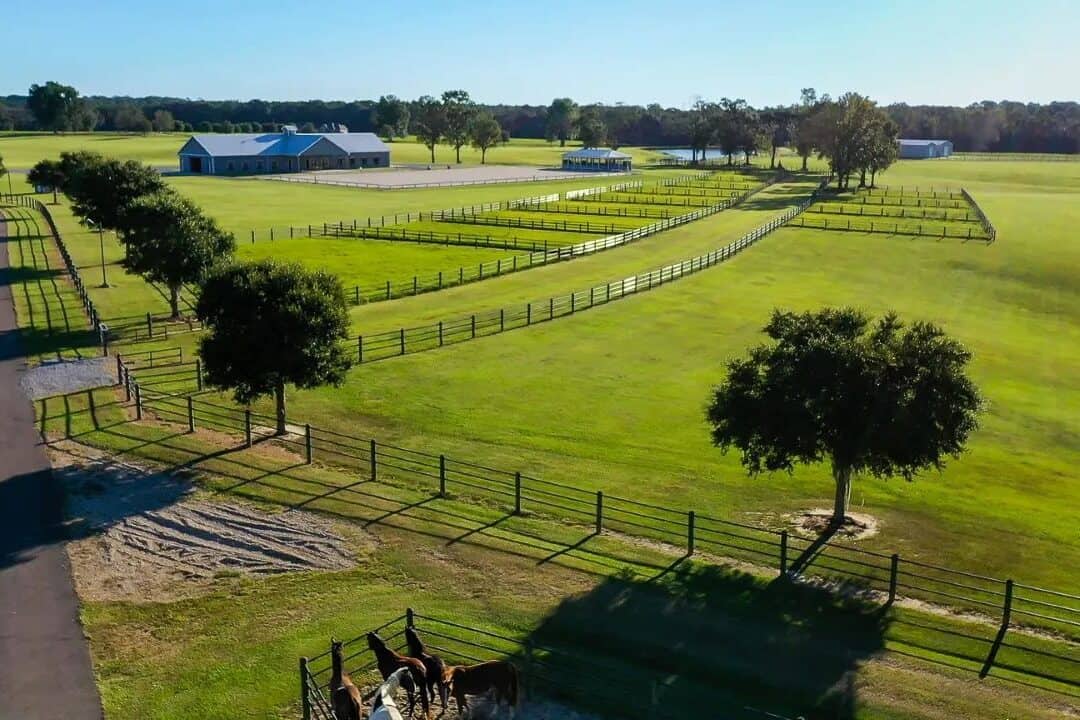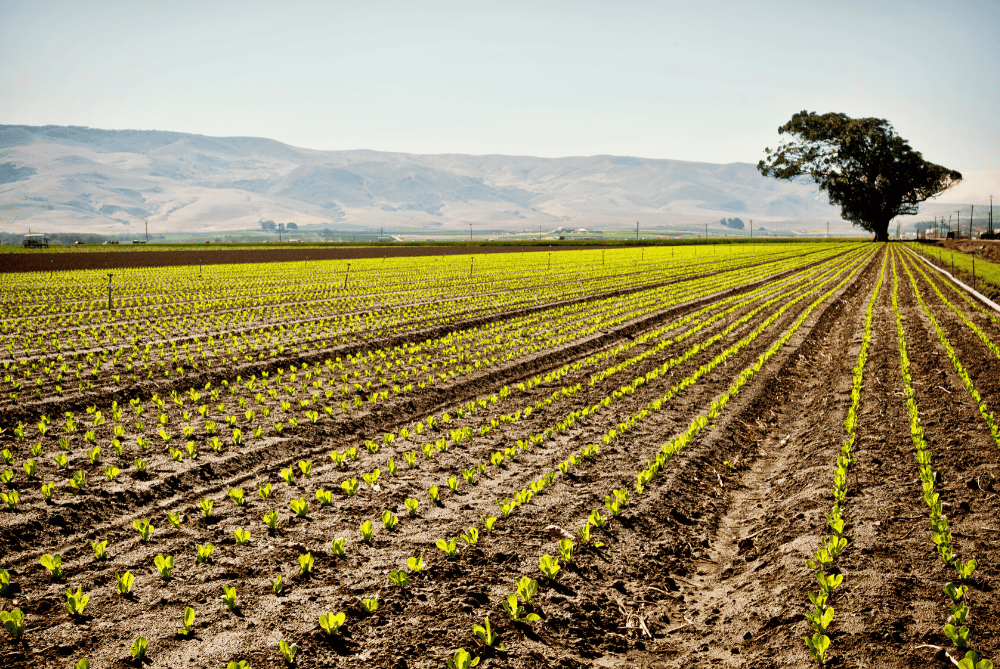Agricultural real estate presents unique opportunities for investors seeking sustainable income, diversification, and the benefits of land ownership. Whether the goal is to start a farming operation, invest in timberland, or develop acreage for agritourism, finding the right property is critical. Among the tools available to investors, the Multiple Listing Service (MLS) stands out as a comprehensive and efficient resource. This article explores how agricultural investors can harness the MLS effectively to identify properties that align with their financial goals and operational needs.
Understanding the Value of the MLS in Agricultural Real Estate
The Multiple Listing Service is a centralized database widely used by real estate professionals to list and access properties on the market. While often associated with residential and commercial real estate, MLS systems also encompass a diverse range of property types, including agricultural land. The advantage of using the MLS lies in its vast and frequently updated inventory, offering access to listings from various brokers and agents region-wide.
For agricultural investors, the MLS provides detailed information on land size, zoning, soil quality, water access, and available infrastructure. This level of transparency helps investors compare multiple options without the need for exhaustive individual research.
Tailoring Searches for Agricultural Properties
Searching for agricultural land on the MLS requires a focused approach to filter through diverse property types and locate parcels suited for farming, ranching, or other agricultural uses. Many MLS platforms allow users to specify criteria such as acreage, land use classification, and presence of farm structures or irrigation systems.
Investors should pay attention to the unique features of agricultural land, including soil composition, topography, water rights, and accessibility. These factors heavily influence both the suitability of the land for specific crops or livestock and the overall investment value.
Working with a real estate agent who specializes in rural or agricultural properties can optimize search efforts. These professionals understand local market nuances, agricultural zoning restrictions, and potential challenges related to land use.

Evaluating Property Details Crucial for Agriculture
Beyond basic listing information, agricultural investors need to scrutinize particulars that impact productivity and profitability. Soil quality, for instance, directly affects crop yield, making soil surveys or test results vital. Many MLS listings include or reference such reports, but obtaining an independent evaluation ensures accuracy.
Water availability and rights represent another critical component. Land with reliable water sources—be it wells, ponds, or irrigation canals—offers a significant advantage. Since water regulations vary widely by region, understanding legal entitlements before purchase is essential.
Infrastructure such as barns, fencing, storage buildings, and road access further influences operational feasibility. Properties featuring established infrastructure reduce upfront capital expenditures and support faster deployment of farming activities.
Leveraging MLS Technology and Tools
Modern MLS platforms often incorporate advanced features that simplify property searches for agricultural investments. Interactive maps enable visual assessment of terrain, proximity to markets, and neighboring land uses. Layering aerial imagery with parcel data reveals insights about vegetation patterns, boundaries, and water bodies.
Automated alerts notify investors when new listings matching their criteria become available, facilitating timely decisions in competitive markets. Digital document access streamlines review of disclosures, property histories, and zoning information.
By employing these tools, agricultural investors can conduct thorough, efficient due diligence from remote locations, saving time and travel costs while expanding their geographic options.
Collaborating with Experts for Informed Decisions
While the MLS is a powerful resource, navigating the complexities of agricultural land investment benefits from professional guidance. Real estate agents versed in agricultural transactions bring valuable perspectives on market trends, pricing strategies, and regulatory compliance.
Additionally, consulting with agricultural extension offices, soil scientists, water rights attorneys, and land planners can clarify potential risks and opportunities associated with specific parcels. These experts help assess whether the property’s characteristics align with intended agricultural uses or conservation practices.
Investors are advised to integrate insights gathered from MLS data with advice from these specialized professionals to form a comprehensive decision-making framework.
Financial and Legal Considerations in Agricultural MLS Purchases
Agricultural land carries distinct financial and legal implications compared to other real estate types. Understanding property tax structures, which may include agricultural exemptions or special assessments, impacts ongoing costs and investment returns.
Securing financing for agricultural purchases often involves lenders experienced in rural lending. MLS listings that mention financing options or terms can guide applicants toward suitable mortgage products.
Legal matters such as easements, mineral rights, and land use restrictions also warrant scrutiny. Comprehensive title searches and site visits contribute to identifying encumbrances or environmental concerns that could affect land value or usability.
Identifying Emerging Trends and Opportunities
The agricultural real estate landscape is shaped by evolving trends, including shifts in consumer preferences, technological advances, and climate considerations. Using the MLS to monitor changing availability of land types supports strategic positioning.
For example, growing interest in organic farming, sustainable forestry, or renewable energy projects influences what types of agricultural land hold future value. Investors can track parcels near expanding infrastructure, transportation hubs, or processing centers through MLS data overlays.
Moreover, some MLS platforms now feature properties suitable for diversified agricultural enterprises, including agritourism, vineyards, or specialty crop production, reflecting broader market diversification.

The Role of Due Diligence Beyond the MLS
Although the MLS offers a strong starting point, complementary research is critical. Site visits allow scrutiny of physical conditions like drainage, vegetation, and neighboring land uses, which cannot be fully conveyed through listings alone.
Investigating local market conditions provides context for pricing and potential resale value. Awareness of community initiatives, conservation programs, and regional development plans informs long-term investment prospects.
In addition to traditional real estate reports, accessing county records, environmental assessments, and utility information enhances understanding of operational feasibility and liabilities.
Maximizing the MLS for Agricultural Investment Success
The Multiple Listing Service represents an indispensable tool for agricultural investors seeking to identify and evaluate properties efficiently. When combined with domain expertise, detailed property analysis, and a clear investment strategy, the MLS facilitates informed choices that align with financial goals and operational requirements.
As markets continue to evolve, leveraging technology and professional collaboration enhances the ability to uncover promising agricultural opportunities. Intelligent use of the MLS empowers investors to navigate a complex landscape with greater confidence, ensuring that their agricultural ventures rest on solid foundations of knowledge and due diligence.
Frequently Asked Questions
-
What is the MLS, and how does it help in finding agricultural properties?
The MLS is a comprehensive real estate database that lists properties for sale, including agricultural land. It helps investors access detailed listings, compare options, and find suitable farmland efficiently. -
Can I filter MLS searches specifically for agricultural land?
Yes, most MLS platforms allow users to filter by land type, acreage, zoning, and features relevant to agricultural use, making it easier to locate properties that meet farming or ranching needs. -
How important is soil quality information in MLS listings?
Soil quality is crucial for agriculture, but MLS data may only include basic details. Independent soil testing is recommended to ensure the land suits intended crops or livestock. -
Are water rights and irrigation details available on the MLS?
Some MLS listings include water access and rights, but it’s essential to verify this information separately, as water laws can be complex and vary by region. -
Should I work with a real estate agent when searching for agricultural properties?
Collaborating with an agent specializing in agricultural real estate can improve search results, provide market insights, and help navigate zoning and legal complexities. -
What role does technology play in searching for agricultural land on the MLS?
Advanced MLS tools, such as interactive maps and alert systems, enable investors to analyze terrain and receive notifications for new listings matching their criteria. -
How does the MLS support due diligence for agricultural investments?
The MLS provides initial property details, but investors should conduct site visits and regulatory reviews and consult experts to assess suitability fully. -
Can the MLS help identify emerging agricultural investment opportunities?
Yes, by tracking market trends and available land types, the MLS offers insights into properties suitable for innovative agricultural ventures like organic farming or agritourism.










